Practically Profound
A sign-post is in order if, under normal circumstances, it fulfills its purpose.
Ludwig Wittgenstein, Philosophical Investigations
Practically Profound
Putting Philosophy to Work
in Everyday Life
James Hall

ROWMAN & LITTLEFIELD PUBLISHERS, INC.
Published in the United States of America
by Rowman & Littlefield Publishers, Inc.
A wholly owned subsidiary of The Rowman & Littlefield Publishing Group, Inc.
4501 Forbes Boulevard, Suite 200, Lanham, Maryland 20706
www.rowmanlittlefield.com
PO Box 317
Oxford
OX2 9RU, UK
Copyright 2005 by Rowman & Littlefield Publishers, Inc.
All rights reserved. No part of this publication may be reproduced, stored in a retrieval system, or transmitted in any form or by any means, electronic, mechanical, photocopying, recording, or otherwise, without the prior permission of the publisher.
British Library Cataloguing in Publication Information Available
Library of Congress Cataloging-in-Publication Data
Hall, James, 1933
Practically profound : putting philosophy to work in everyday life / James Hall.
p. cm.
Includes bibliographical references and index.
ISBN: 978-0-7425-4326-3
1. Philosophy. I. Title.
B74.H35 2005
100dc22
2004019121
Printed in the United States of America
 The paper used in this publication meets the minimum requirements of American National Standard for Information SciencesPermanence of Paper for Printed Library Materials, ANSI/NISO Z39.48-1992.
The paper used in this publication meets the minimum requirements of American National Standard for Information SciencesPermanence of Paper for Printed Library Materials, ANSI/NISO Z39.48-1992.
This book is for my sons, Christopher, Jonathan, and Trevor and for my partner and best friend, Myfanwy.
It could not have been written without the generous support of The University of Richmond and of the benefactors of The James Thomas Chair in Philosophy.
I am indebted to The University of Warwick and The University of Virginia for their hospitality during various stages of the manuscripts preparation.
Richmond, 2005
Contents
Preface
Philosophy: The Profound and the Pedestrian
For many people the very mention of philosophy conjures up an image of graybeards endlessly arguing about obscure topics in words that ordinary folk cant understand. Fortunately, that image is wrongheaded. As I will try to show in this book, philosophy is practical, however profound some of its parts may be; and, with work, even the deepest parts can be made clear.
The variety of things that are called philosophy is remarkable. But labels dont always mean what we think they mean. So to avoid confusion later, I will take time to sort out the labels up frontmisconceptions first.
1. Misconceptions of Philosophy
A. How we feel about things. People say things like What is your philosophy of X? when they really mean How do you feel about X?
Eve: Whats your philosophy of education?
Adam: Oh, I think education is a great thing.
Using the word philosophy this way trivializes the enterprise. In serious contexts, philosophy amounts to a great deal more than this.
B. Worldviews and the meaning of life. Many see philosophy as a quest to find the meaning of life and lay it out in a big picture or worldview. Who are we? and Where are we going? and Is there any point to it all? are important questions. But while these questions can be raised philosophically, they can be raised in other ways tooreligiously, morally, politically, and scientifically, at least. So we cannot safely assume, simply because someone asks, What is life all about? that he is doing philosophy.
A Story. A pilgrim decided to give away everything and go into the high mountains to find out what life is. After forty years of wandering, he returned home old and bent. The whole village, on hearing the story of his travail, insisted, Tell us the answer! What is life? Life is a deep, deep well, the pilgrim replied. But one villager retorted, Thats silly. Life isnt a deep, deep well! And, after a moment of head scratching, the traveler allowed, Come to think of it, I believe youre right.
C. Skepticism. When philosophers do their work, they are cautious about what they assume and how they reason. As a result, they frequently arrive at skeptical positions. This skepticism can encourage people to think that philosophy is essentially corrosive and belief destroying and that philosophers dont believe in anything. But philosophers do take positive positions, too, as we shall see.
D. Reflective beliefs about this and that. Philosophy is sometimes identified with the reflective beliefs held about some (usually important) slice of the world. But this is misleading, too. Why call religious beliefs, scientific beliefs, or historical beliefs philosophy? Why not call them religion, science, and history?
E. Inquiry in general. In the ninth or tenth century, What is philosophy? would have been easier to answer than it is today. Back then, philosophy as an umbrella term covered all that we now call science, mathematics, logic, ethics, history, and religion. Persons engaged in almost any reflective pursuit were called philosophers. But as the centuries went by, things tightened up. As thinkers had more ideas, found more facts, and organized them better, enough data, technique, and literature accumulated to be more than any individual or group could handle. Disciplines began to coalesce and gain standing in their own right.
This process is still going on. One of the more recent disciplines to coalesce is psychologyan enterprise housed within the philosophy department of many a university until the early decades of the twentieth century. So it is not surprising that philosophy and psychology still have interests in commonthe phenomena of belief and knowledge, for example. But their approaches are different. Psychology, on the whole, has become empirical. Its primary focus on epistemic matters is on how beliefs come about and how the believing organism functions (and malfunctions). In contrast, philosophy looks at epistemic matters from a very different perspective, as we shall see.
The more data that are assigned to free standing disciplines, the less scope there is for philosophy in this old inclusive sense. So philosophy has narrowed as a result of the historical division, specialization, and distribution of intellectual labor. Indeed, were it not for the fact that philosophy has something to say about a particular kind of question that connects with all of the spun-off disciplines, we could imagine philosophy narrowing away to nothing.
F. The history of ideas and great thinkers. Many people assume that studying philosophy amounts to examining the ideas of the great thinkers. There is much to be said for such an enterprise. But while the ideas of Plato, Aristotle, Descartes, Kant, Hume, Sartre, Wittgenstein, and others are worth careful study, the value of that study resides more in exploring the issues they grappled with, rather than the positions they took on them.
2. Focusing In on a Different Conception of Philosophy
So far, I have suggested some things that philosophy is not. But I have not said what philosophy is. I will approach this by identifying four different kinds of inquiry. By sorting these out, I will bring the special character of philosophical inquiry into focus.
Next page
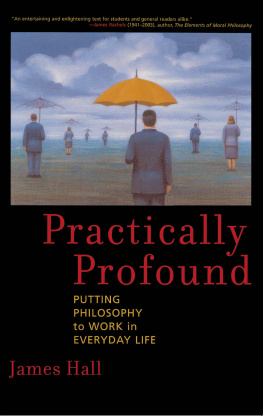
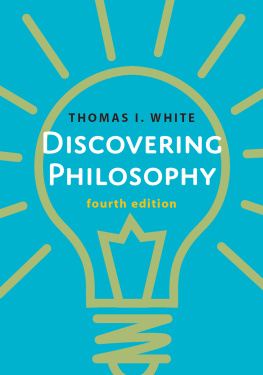
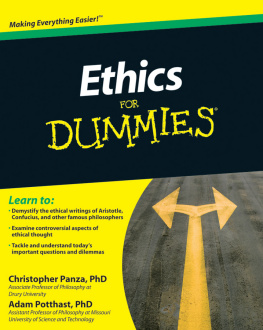
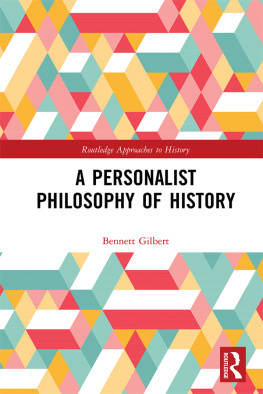
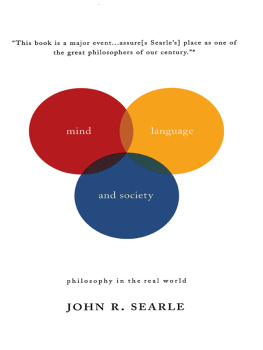
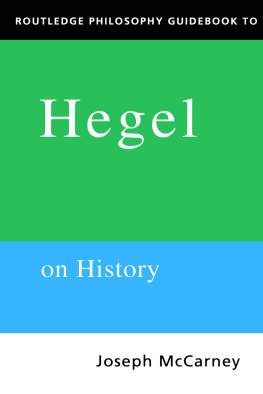
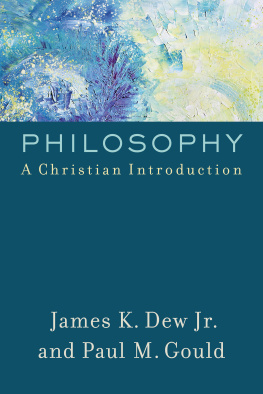

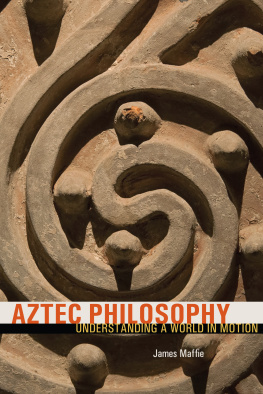
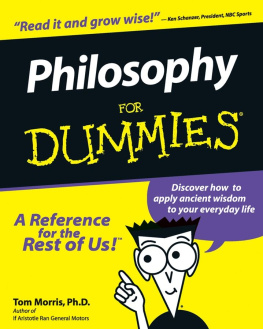

 The paper used in this publication meets the minimum requirements of American National Standard for Information SciencesPermanence of Paper for Printed Library Materials, ANSI/NISO Z39.48-1992.
The paper used in this publication meets the minimum requirements of American National Standard for Information SciencesPermanence of Paper for Printed Library Materials, ANSI/NISO Z39.48-1992.